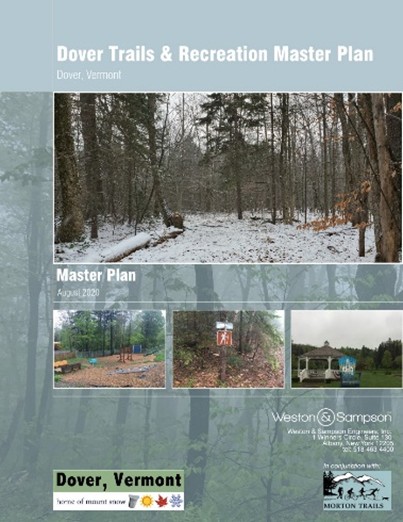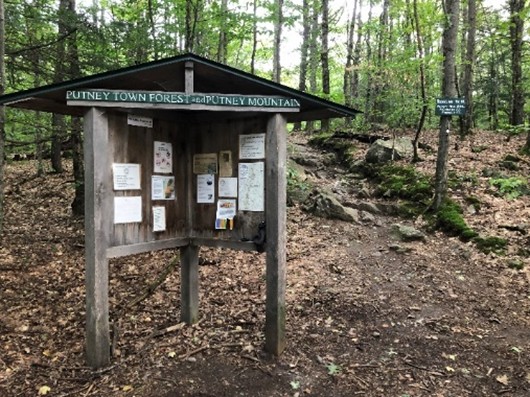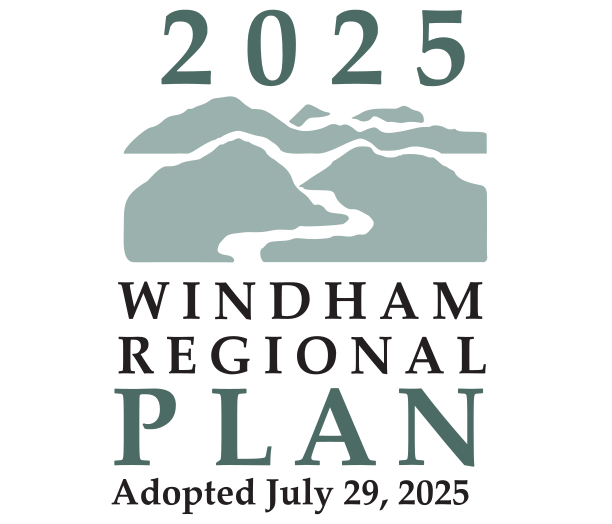Educational, Cultural, and Recreational Resources
Recreation Resources
The State of Vermont completed an update to the Statewide Comprehensive Outdoor Recreation Plan (SCORP) in 2019. The SCORP outlines the state’s priorities and goals to guide outdoor recreation planning, policies, programs, and investments for the 2019-2023 period. In the public survey completed for the plan, 93 percent of respondents ranked outdoor recreation as essential or very important in their households and 92 percent of respondents indicated they recreated outdoors 2 or more times per week. Hiking was ranked the highest for favorite activities (17%) followed by hunting (15%), mountain biking (11%) and walking (9%).
Within the towns of the Windham Region, there are varying levels of community facilities for recreation. Some communities, such as Brattleboro and Rockingham, have municipal recreation departments and provide a wide range of recreational activities for various ages. Other towns rely on volunteer groups to organize recreational leagues. In 2023, the towns of Landgrove, Londonderry, Peru, Weston, and Winhall created a new Mountain Towns Recreation Director position that is responsible for administering youth sports programs, overseeing Londonderry’s 4 town parks, and expanding and coordinating recreational opportunities for all residents in these towns. Many of the region’s athletic fields are public and are located at school properties.
Dover Trails & Recreation Master Plan
The Town of Dover completed a Trails & Recreation Master Plan in 2020. The Plan notes how climate change has made consistent and adequate snowfall less predictable and the Town of Dover has recognized a need to offer a greater variety of recreational activities to make their winter recreation economy more resilient. Dover depends heavily on visitors coming to the Mount Snow Resort to support the local economy. The Plan calls for exploring new and building on existing opportunities, including a disc golf course, mountain biking, and hiking trails.
Ski resorts play an important role in the Windham Region by providing recreational opportunities for residents and visitors. The ski resorts have become a destination for all four seasons, marketing sports such as mountain biking and golf, in addition to traditional winter activities, to attract visitors. The region is seeing the impacts of climate change on annual snowfall amounts which is influencing ski resort operations including an increased reliance on snowmaking.
An important recreational resource to the Windham Region is its trail network. A wide variety of trails exists for a variety of recreational use. Long distance trails include the Appalachian Trail/Long Trail (hiking) and Catamount Trail (cross country skiing), which pass through the western part of the region, largely through the Green Mountain National Forest. The Velomont Trail is currently under development and would be a long distance mountain bike trail.

New trails designed to meet the needs of various recreation users are being created, in large part by municipalities and non-profit groups. Examples of this include the Putney Mountain Association’s preservation and trail development work in Putney, Dummerston, and Brookline and the Windmill Hill Pinnacle Association’s work in Westminster, Brookline, Athens, and Grafton.
The Windham Region is also home to five state parks with developed visitor facilities: Fort Dummer State Park (Brattleboro), Molly Stark State Park (Marlboro), Townshend State Park, Jamaica State Park, and Lowell Lake State Park (Londonderry). The state parks offer opportunities for hiking, bike riding, swimming, canoeing, fishing, and camping. Sweet Pond State Park in Guilford and Dutton Pines State Park in Dummerston have trails and picnic shelters.
Bicycling and walking are expected to continue to grow in popularity along with support for multi-use paths and trails. Several efforts are underway to expand or create trails and paths including the Valley Trail along the North Branch of the Deerfield River connecting West Dover and Wilmington and the West River Trail which connects 4,500 acres of public land in Jamaica, Townshend, and Londonderry. Class IV roads and legal town trails provide important recreational resources throughout the region’s communities, although these facilities are often unmanaged. Hiking, biking, mountain biking, horseback riding, cross-country skiing and snowmobiling are just some of the recreational activities that take place on these roads and trails.
The Windham Region is rich in water resources. Residents and visitors utilize the many rivers, streams, lakes, reservoirs, and ponds for water recreation such as swimming, boating, and fishing. Thirty-three lakes and ponds in the Windham Region are over 20 acres; among these major water bodies, there are a total of 102.1 miles of shoreline (half of which are on just 2 lakes). Approximately 80 percent of this shoreline, 81.4 miles, is public or conserved. Nearly all of these water bodies have public access or road frontage, and many of them have developed public fishing access sites or boat launches. Water quality and shoreland protection must be maintained and enhanced as the demand for water recreation increases.
As the region continues to invest in its trail networks, there is an opportunity to make connections between these different trails to increase accessibility. An additional need is to improve wayfinding and signage to enhance the user experience at recreational areas and increase participation rates. Lastly, more recreational opportunities are needed for people with mobility issues and the elderly population. A component of this is promoting and improving existing recreational facilities that may be suitable for these groups.
